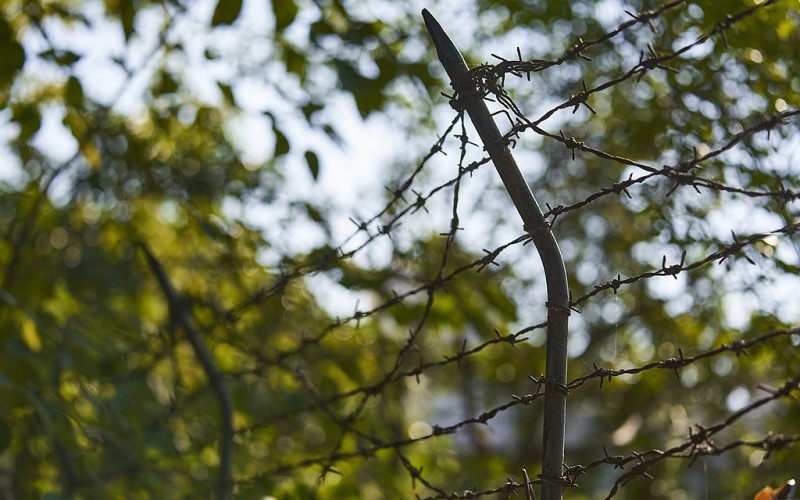Tort Liability, Combatant Activities, and the Question of Over-Deterrence
By Dr Haim Abraham (Lecturer in Law at UCL Laws)

13 December 2021
Publication details
Abraham, Haim (2021) 'Tort Liability, Combatant Activities, and the Question of Over-Deterrence', Law & Social Inquiry 10.1017/lsi.2021.66.
Summary
Immunity from tort liability for losses that are inflicted during warfare is often justified by a supposedly intuitive concern: without immunity, states and combatants will be over-deterred from engaging in combat. Dr Abraham tests this common perception using three frameworks. First, Dr Abraham theoretically analyses the impact of tort liability on relevant state actors’ incentives to engage in warfare. This analysis suggests that tort law is likely to under-deter state actors in relation to their decisions on whether and how to conduct hostilities. Second, Dr Abraham tests this conclusion through an original mixed-methods exploratory research, using Israel as a test case. The findings reveal that while tort liability under-deters state actors from engaging in warfare, it can prompt them to implement regulatory measures to minimise the state’s liability. Third, Dr Abraham offers a legal history analysis, exploring why Israel established an immunity from tort liability for losses it inflicts during combat in 1951, and why and how this immunity has expanded since. He shows that as the Israel-Palestine conflict prolonged and intensified, state actors began viewing Palestinians’ tort claims as a civilian means of warfare and immunity from liability as the weapon needed for defending Israel’s interests.
Image credit: 'Barbed wire fence in Chiayi' by 銀河市長, CC BY-SA 4.0, via Wikimedia Commons
 Close
Close

